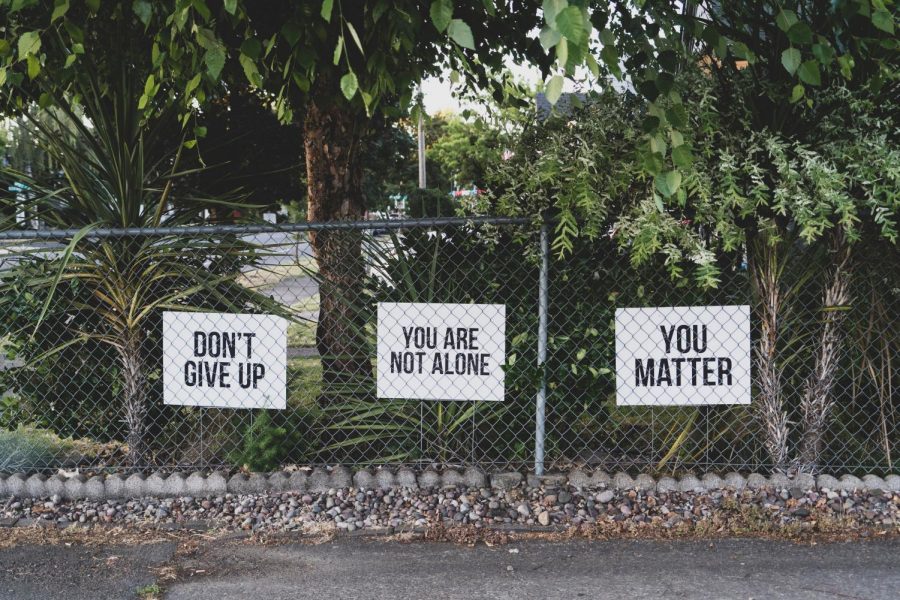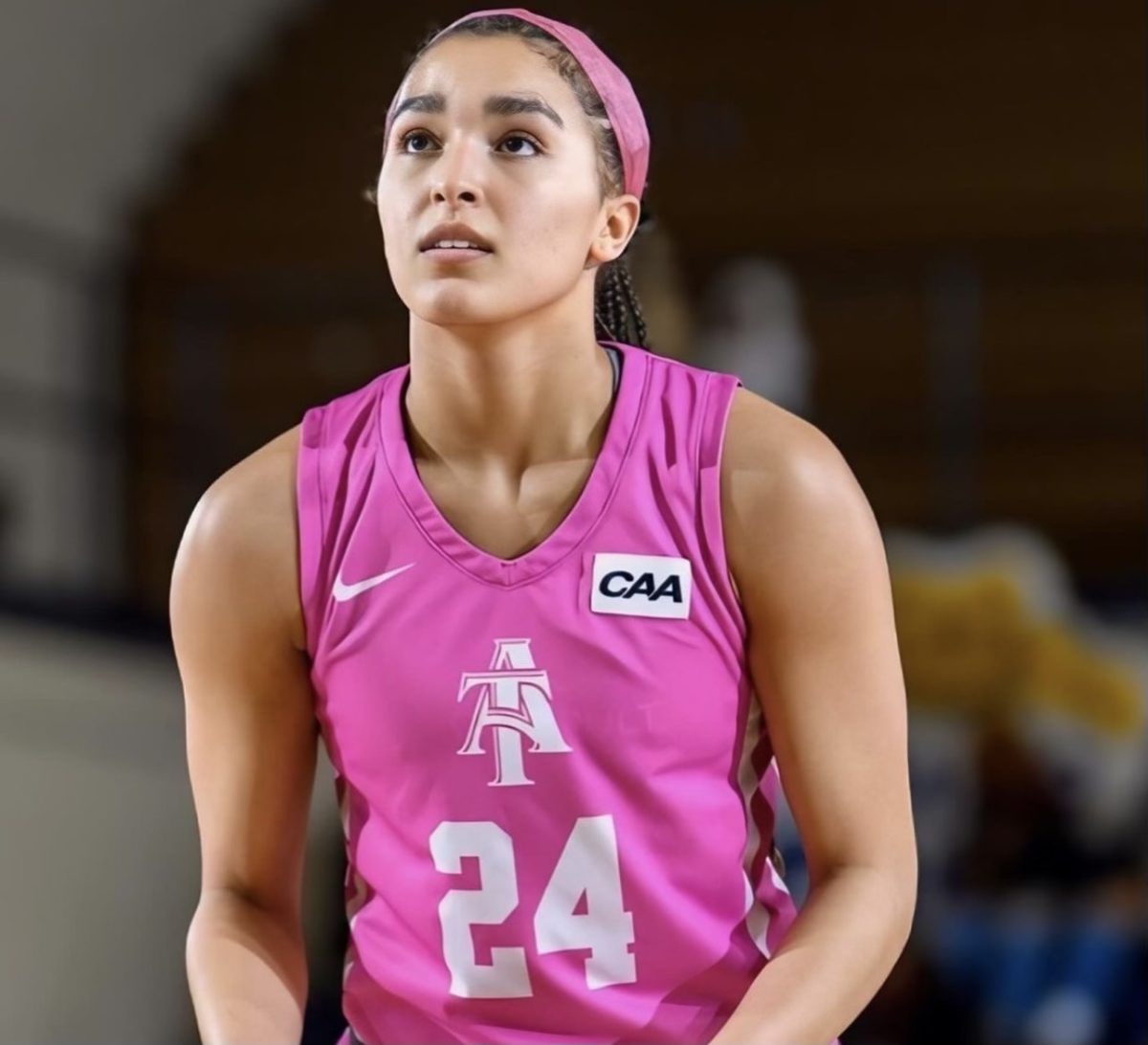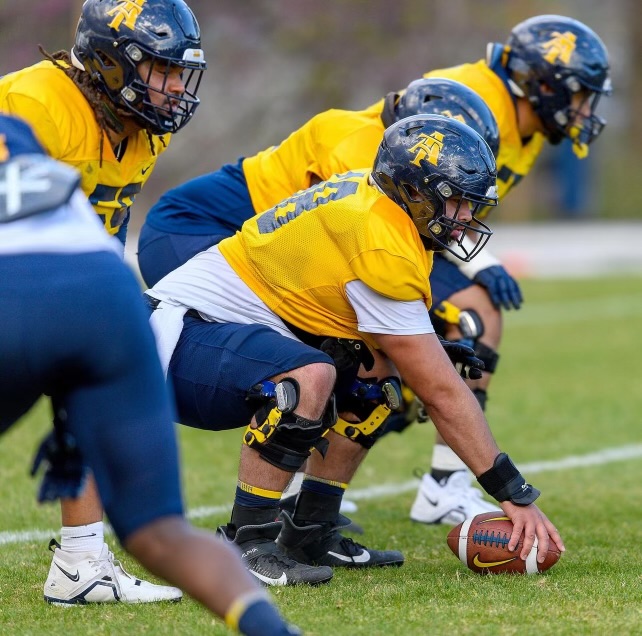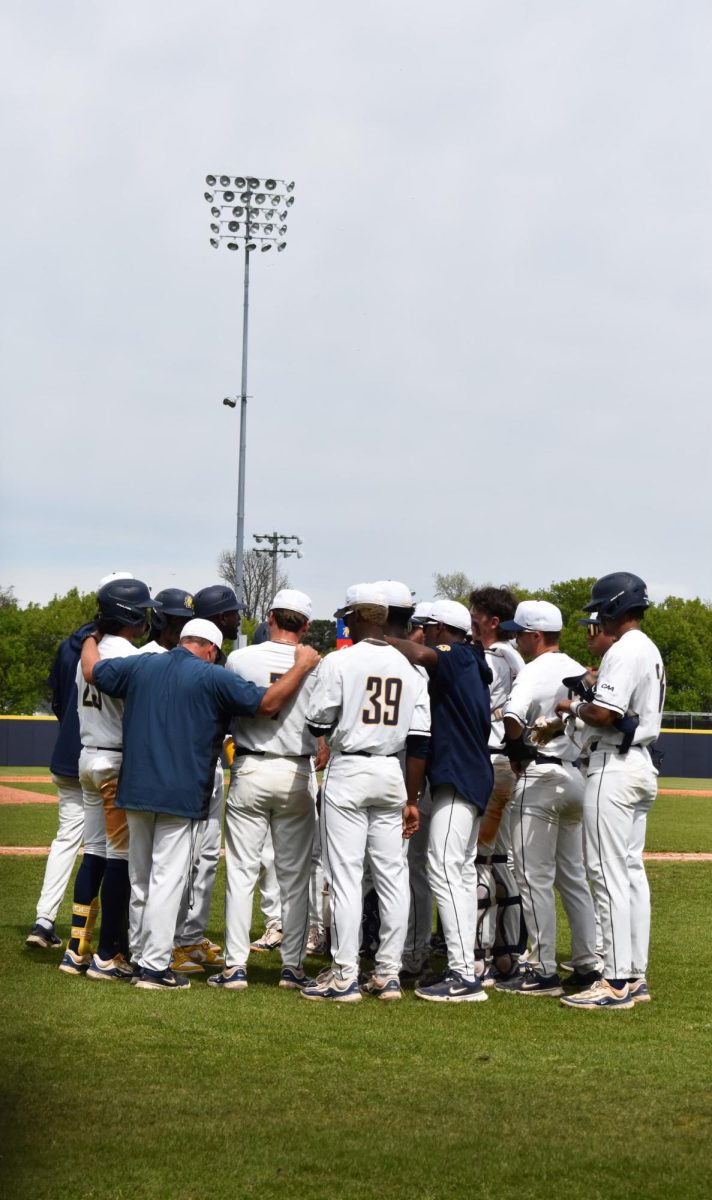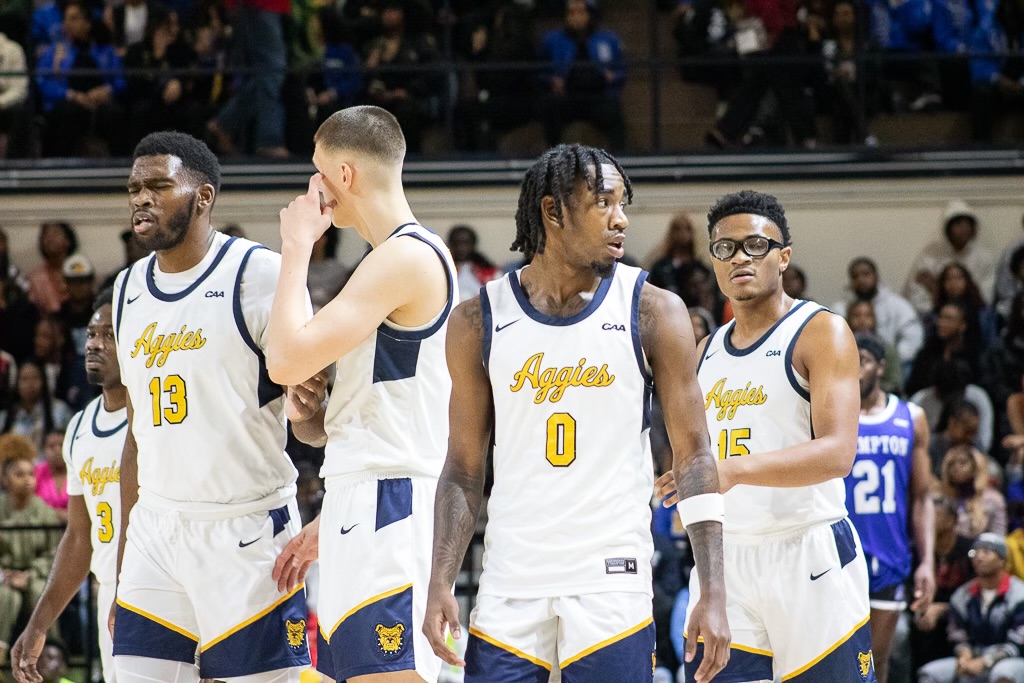The coronavirus pandemic has put the world in the middle of an indirect mental health crisis.
Individuals at the forefront of the media are neglecting to handle the crisis tactfully and in a gentle manner. When the views of the faces seen in every day media are not proactive towards support, it can force a domino-effect pushing those on the suffering end of the crisis to not be properly represented.
Dak Prescott, quarterback of the Dallas Cowboys, shared a moment of transparency with the world regarding his ongoing battle with depression on World Suicide Prevention Day.
Prescott explained he has always tried to manage his depression, but when his brother, Jace committed suicide, he could no longer bear it, according to USA Today.
The majority of the sports world held two thumbs up and gave Prescott a virtual pat on the back for being vocal about his internal struggles in hopes of helping the next person viewing his admission.
Skip Bayless, on the other hand, did not think Prescott was deserving of a gold star. Bayless, “Undisputed” co-host, used his television platform to let the world know his thoughts regarding Prescott’s statements.
“I don’t have sympathy for him going public when I got depressed. If you show weakness then your team will not have faith in you during tough battles,” Bayless said.
When media professionals speak on issues in this manner, it causes other athletes to think twice about using their powerful voice. The world needs celebrities to continue to speak out on these matters to bring about unbiased awareness.
Once Bayless began to receive backlash for his commentary, he claimed his comments were “misconstrued” and that he solely meant Prescott should have asked for help before his condition progressed, according to the Washington Post.
Athletes spend the entirety of their lives training and looking forward to the day they can say, “they finally made it.” With the current circumstances, the future of athletics is in jeopardy. This tenure of uncertainty is putting players in a space of anxiety and constant mental health battles.
The bonds built behind the scenes are taking a hit due to the limitations put on social interactions. Athletes depend on their teammates for friendship and motivation.
Kiyanna Jackson, Howard University midfielder and attacker, has found mental balance in her new leadership team role while being at home has brought her additional comfort.
“Even though this is not the happiest of times, I have been able to find joy in being a leader,” Jackson said. “I have been able to plan virtual calls creating safe spaces for all athletes to express their concerns while also making the freshmen of my team feel welcomed through Snapchat group chats. Being at home with my family and continuing my in-home workouts has kept me in high spirits.”
Over the years, basketball and fashion have parallelly run beside each other while fusing together. Off the court, a variety of basketball players have found self-expression through their day to day fashion choices.
Donnell Frayer, a point guard for the Claflin University men’s basketball uses his free time to put together playlists and assemble outfits.
“I have always loved music, but constantly hearing about the virus makes me want to shut the world out. When I get tired of hearing about it, I make playlists and let them run for the day’s entirety,” Frayer said. Fashion has always been close to my heart, second from basketball. I have been putting a lot of outfits together recently in hopes of being able to wear them somewhere once this is all over.”
For some athletes, the transition has put a heavier weight on them. This is not to say they do not have interests outside of their chosen sport, but the outside interests do not bring them as much peace. Justice Kithcart, Winston Salem State University point guard, admits these changes have caused him to dig deep to maintain balance.
“The whole preparation for this season has been different. Online classes are tough and weighing me down mentally, Kithcard said. My bipolar disorder and ADHD make it difficult to balance school and basketball.”
With the pandemic remaining stationary, the world must keep physical and mental health on the same scale, taking the extreme effort to ensure one side will not tip over.

